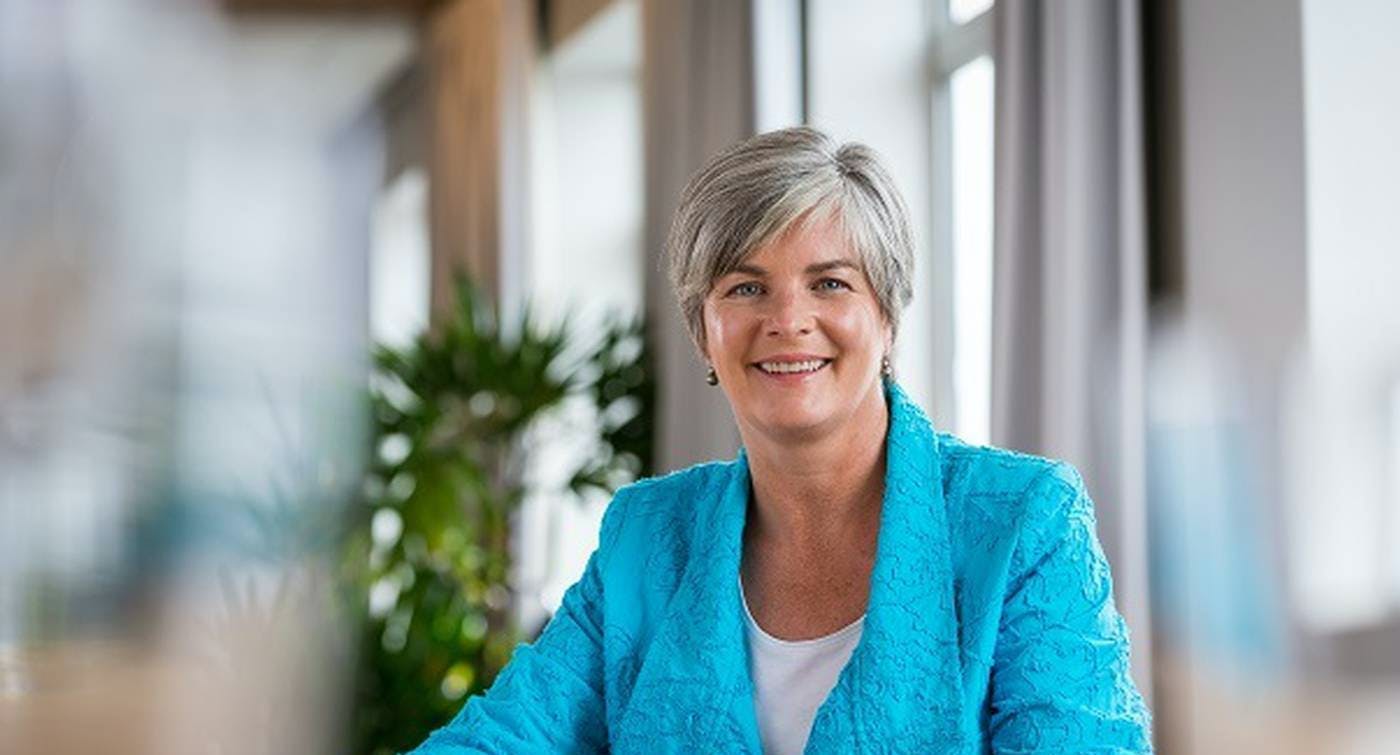MEDIA • 15 SEPTEMBER 2022 • 4 MIN READ
Q&A with Beany chief executive Sue De Bievre

Tech entrepreneur Sue De Bievre talks to Hawke’s Bay Today reporter Andrew Ashton about her views on business and explains her “non-binary” business philosophy.
Based in Havelock North she is the chief executive of Beany, a disruptive online accountancy business that looks after over half a billion dollars for more than 1200 SMEs across New Zealand annually and was built around supporting working mothers.
How did you first get into the tech sector?
I’m a chartered accountant by trade and about five years ago, I thought the profession was probably not moving with the times. So, because Xero had just brought in this new business software, I wondered how we could change accounting services for small business owners using tech because I really wanted to bring the price down if I could because it’s pretty tough for small businesses in New Zealand.
We started Beany, and first took it to market in about 2014, so we’ve been doing this for just over four years.
We’re a partner of Xero – they do the accounting software for small businesses and we’re the accountants that look after all the tax stuff basically, so we work hand in hand.
How would you categorise Hawke’s Bay’s standing within the tech sector?
Probably like the whole of New Zealand, there are lots of little nuggets of tech all over New Zealand, and definitely New Zealand is beginning to create those. Xero’s been fantastic – they started the tech hub in Ahuriri and so I think it’s a really developing scene in Hawke’s Bay, which is really exciting.
I moved to Hawke’s Bay with my husband two years ago and it’s just fantastic. It’s a great place to live and we can do our business from there because of technology.
What are the big challenges for workplaces in general?
At Beany we have a sort of no-office mantra. So, we don’t have any bricks and mortar, anywhere in New Zealand but obviously we need to sit somewhere, so we use a range of solutions. A home office is one solution and then we do use shared spaces, which is really good because it means getting out and about and actually being with people. We use shared workplaces all over New Zealand, some like the Tech Collective in Havelock North and we also use the BNZ Partners facility.
We are in Havelock North 80 to 90 per cent of the time and then the last 10 or 20 per cent, we’re around New Zealand visiting my team. I can get up in the morning, have breakfast, fly to Auckland and be in the CBD mid-morning, work all day, and catch a plane home, so that works really well.
What can businesses do to attract more diversity within workforces?
I think diversity is critical. I think in terms of actually attracting it, I guess obviously pay-parity – whether that’s based on gender or any other kind of difference – and I think we may all be subject to unconscious bias, so I guess pulling that up to the service and actively recruiting within different populations – whether that’s a gender issue or an ethnic issue or any other kind.
You are a big proponent of non-binary thinking within the workplace, can you explain what that means and why it’s important to what you do?
Basically, non-binary thinking is just the reverse of binary thinking. So, binary thinking is very literally how you code. I was raised in the 20th century but to me it was very binary, it was a case of you’re a man or a woman, it’s black or white and I think we are in a far more nuanced environment now.
Quite often, you can have two opposing points of view and you can be both be right, so that’s what I’m talking about really, how you mesh together and explore different ways of looking at the world and then crucially, bring those opposing points of view together and actually do something, rather than running around in circles.
It came out of quite a personal situation but what I saw in my business was that a lot of businesses we deal with Beany, are not very binary. They are a very diverse group and we don’t do things in the traditional way, I don’t lead in the traditional way.
I like to look at all points of view and synthesise different points of view.
Do you feel positive about the future of the local economy?
I think Hawke’s Bay is really an undiscovered gem in New Zealand, and I think it has massive potential. Technology is just bringing Hawke’s Bay closer to everywhere else and makes everything possible.
I think it has massive tourism opportunities too. There’s also a huge influx of new people, I think we need to mesh some of that new thinking with some of the old thinking and I think that could really lift Hawke’s Bay up – if it wants to.
Originally Published by Hawke's Bay Today – 16 Jun, 2018
Share: